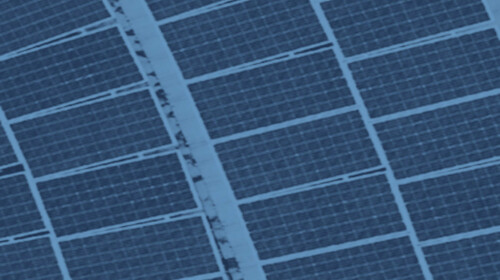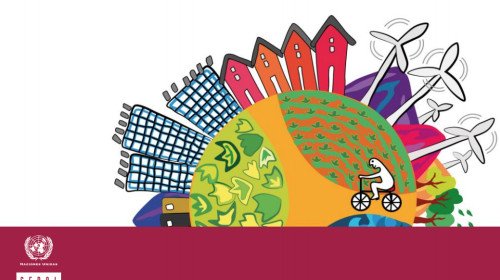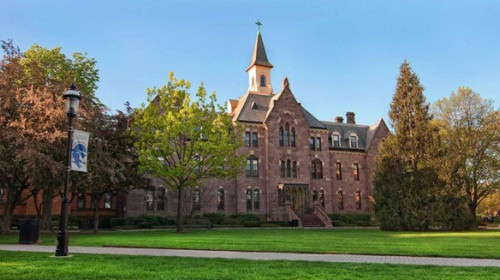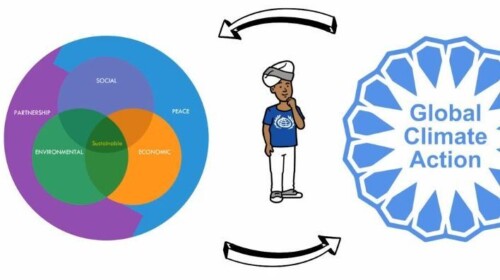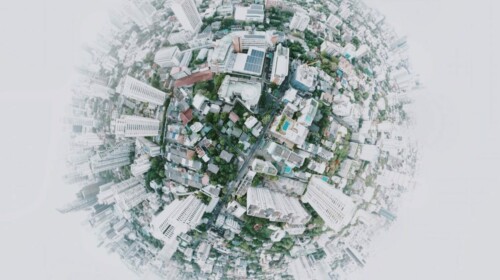This video provides an introduction to key concepts around women’s access to justice from the perspective of family law. It discusses why focusing on women’s access to justice is essential in order to achieve sustainable development and explores the various means to address the barriers which prevent women from accessing justice. The explainer video is followed by an interactive map that illustrates successful initiatives undertaken by UN Women in countries around the globe.
International human rights law recognises access to justice both as a basic human right and as a means to protect other human rights. Access to justice is also grounded in the 2030 Agenda for Sustainable Development which promises to leave no one behind. Access to justice is an important driver of change and a means of implementation of the 2030 Agenda for Sustainable Development. It is anchored on SDG 16 which aspires to provide access to justice for all, and is a key factor for the implementation of the other Sustainable Development Goals.
In order to leave no woman behind, access to justice programmes must cover criminal and civil justice, as well as family law; particularly since the family is often a site of unequal power relationships. These unequal power relationships are reflected through discriminatory laws and practices that are often presented in the name of cultural and religious beliefs.
By understanding the barriers that prevent women from accessing justice, such as discriminatory laws, gender bias among justice actors, women’s limited knowledge about their rights etc., we can develop initiatives and partnerships that address them. This can only be done by paying special attention to family justice and its broad impacts on the everyday lives of women and their families.



